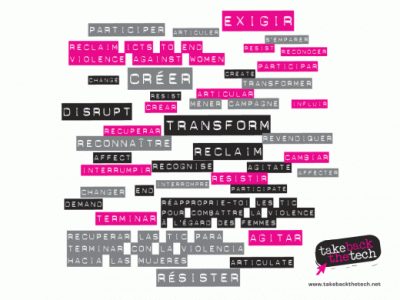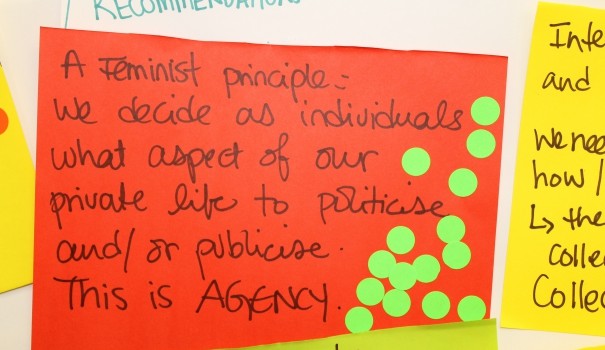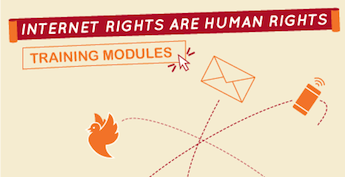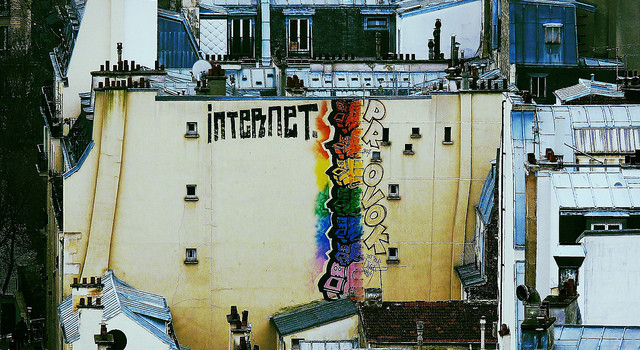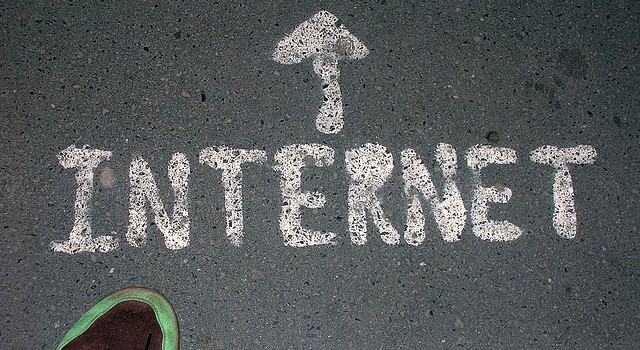This module looks at violence against women within the context of the internet and ICTs. It begins by exploring how violence against women (VAW) has been historically recognized and addressed within international law, and then explores the ways in which
Ending Violence Against Women Online – Training Kit
